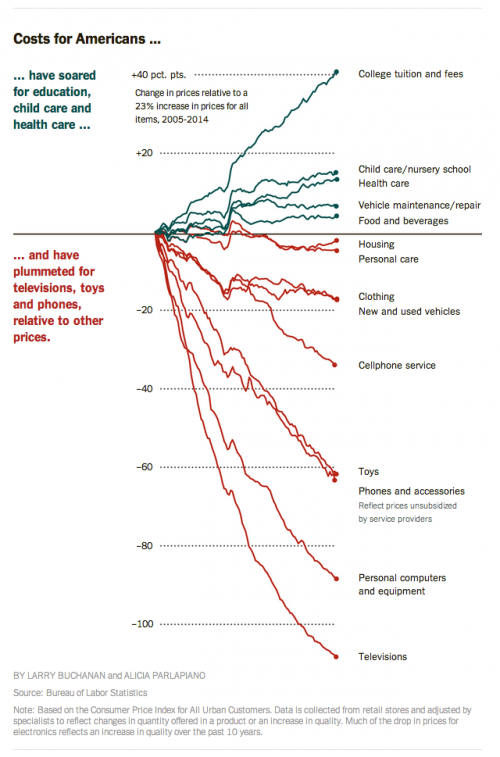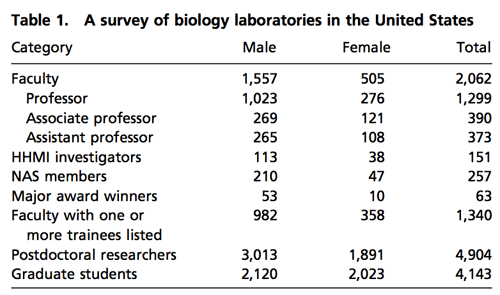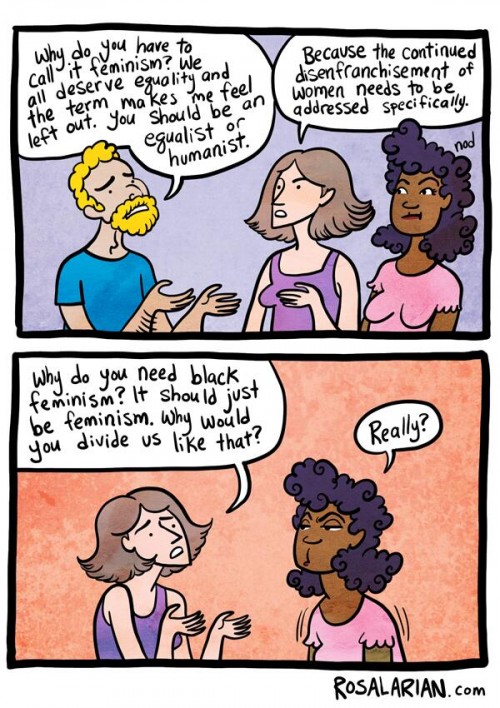Ally Fogg makes a really good point about those blithe excuses people make for having sex with the very young, that they’re frolicking hedonistically and simply can’t tell that someone is underage. Yes, you can tell.
Not screwing children really isn’t that difficult, if you are any kind of decent human being. Even when they are dolled up in party gear and make-up, you can tell. Even when you’re shitfaced on the finest pharmaceuticals Hulme has to offer, you can still tell. Had any one of us grown men taken one of those girls to our bedrooms – even with her apparent consent – we would have known exactly what we were doing. I simply refuse to believe that teenagers in the 1970s were so very different that one couldn’t tell.
In my job, I deal with people in the 18-22 year old age range all the time, and we notice this every year: the incoming students are all so young, and the graduating students are fully grown, mostly responsible independent human beings. This is an age range over which most people grow up phenomenally, going from high school kid on the edge of childhood to mature adult. It’s one of the pleasures of this job that we can see our students grow emotionally, intellectually, and physically on our watch, and we get to pretend that we’re partly responsible (realistically, we know they’d mature even without our help).
The excuse that “I didn’t know she was only 15!” doesn’t wash. You knew. That was probably one of the attractions of taking advantage of her.
Face it. Our problem isn’t naive young men who are confused about responsibility and consent. It’s active sexual predators who see innocence as a weakness to exploit, and pretending befuddlement as a way to escape the consequences. Or, in some cases, not even pretending to be unaware.
The manosphere is full of blatant parasites who specifically target young women who aren’t yet aware enough to recognize their vulnerability. For instance, here’s a truly repulsive guide to taking advantage of women at anime conventions.
This new breed is young attractive women with mental issues. Women have jumped on to the anime bandwagon. Most of them joined because they’re the second tier of attractive women. They can’t compete with the front runners because of a flaw or two (they might have the body but the nose is way too big). These women would be considered Bargain Bin to regular society. However, to anime loving nerds, these are the new 9′s and 10′s for the anime world. Women love it, because they have a ton of beta orbiters and some creepy omegas. They get to rule over and be the queens of anime conventions. I decoded the code for an alpha guy to go to these conventions and make that second string duchess bow down to your manliness.
They know exactly what they are doing. And these are the same scumbags who will whine about false rape accusations and that it’s the women who are hypogamous exploiters of their precious seed. It’s not their fault, it’s those women who are entirely responsible for seducing virtuous men.
Then there’s Elam’s 2010 post about women who go clubbing, accept drinks, make out, and enter a man’s apartment, who end up “victims” [quotation marks his] of rape. “In the most severe and emphatic terms possible the answer is NO, THEY ARE NOT ASKING TO GET RAPED .. They are freaking begging for it. Damn near demanding it.”
The next paragraph goes on to claim that women get raped because they are stupid, arrogant, and narcissistic.
Really, the men know exactly what they are doing. This modern distortion of what ought to be a legitimate men’s rights movement is all about rationalizing the disgusting behavior of a number of men by trying to place all of the blame on women.






